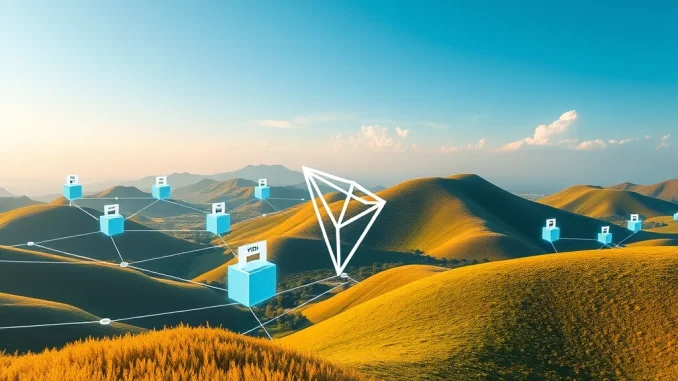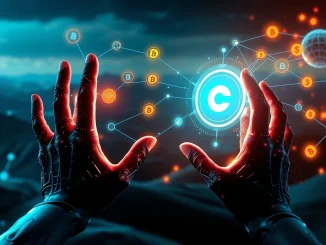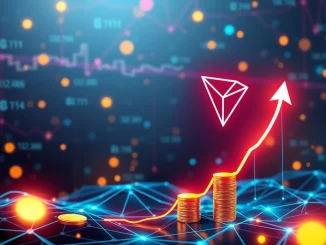
Attention TRON holders and network participants! A significant TRON governance vote is currently active, proposing key changes to the network’s reward structure. This is a critical moment for the TRON ecosystem.
Understanding the TRON Governance Proposal
The TRON Foundation has initiated this proposal, which is now live for community voting on the Tronscan platform. The core objective is straightforward: to adjust the economics of the network by reducing specific reward payouts. This TRON governance action is a direct mechanism for the community to influence the network’s future.
Changes to Block and Voting Rewards
The proposal targets two primary types of rewards distributed on the TRON network:
Block Rewards: These are earned by Super Representatives (SRs) for producing blocks. The current reward is 16 TRX per block. The proposal seeks to lower this amount to 8 TRX per block.
Voting Rewards: These rewards are distributed among the top 27 SRs and the next 100 partners based on votes received. The current reward is 160 TRX per block. The proposal aims to reduce this to 128 TRX per block.
Here’s a quick look at the proposed changes:
| Reward Type | Current Amount (TRX/Block) | Proposed Amount (TRX/Block) | Recipient |
|---|---|---|---|
| Block Reward | 16 | 8 | Super Representatives (SRs) |
| Voting Reward | 160 | 128 | Top 27 SRs + Next 100 Partners |
Impact on TRX Deflation
A significant consequence of reducing the block reward and voting reward is the effect on the overall supply dynamics of TRX. By decreasing the rate at which new TRX enters circulation through these rewards, the network’s annual deflation rate is expected to increase.
According to analysis from Odaily, if the proposal passes, the annual deflation rate for TRX is projected to rise from 0.85% to 1.29%. Increased deflation can influence the scarcity and potential value of TRX over time, making this a key point of interest for all network participants.
Have Your Say: The TRON Governance Vote Process
This proposal is subject to a TRON governance vote, meaning the community’s decision is paramount. Stakeholders who hold TRX and have frozen it to obtain voting power are eligible to participate. Voting takes place directly on the Tronscan website.
The voting period is currently open, allowing the community to cast their votes for or against the proposed reward reductions. Participation in these votes is a fundamental aspect of decentralized governance and allows the community to steer the direction of the TRON network.
When Does the Vote End?
For those looking to participate, mark your calendars. The TRON governance vote is open until June 13 at 06:00 UTC. Ensure you cast your vote before this deadline if you wish to have a say in this important decision regarding block reward and voting reward adjustments.
What Does This Mean for Network Participants?
For Super Representatives, the reduction in block rewards will directly impact their operational income from block production. For voters, the lower voting rewards may slightly adjust the incentives for staking and supporting SRs. However, the proposal’s proponents likely view the potential long-term benefits of increased TRX deflation as outweighing these short-term impacts, aiming for a healthier network economy.
Actionable Insight
If you are a TRX holder with voting power, take the time to review the full proposal details on Tronscan. Understand the potential implications of the block reward and voting reward changes. Exercise your right to vote before the June 13 deadline to contribute to the decision-making process for the TRON network’s future.
Summary
The TRON community is currently engaged in a significant governance vote to potentially reduce block and voting rewards distributed on the network. This proposed change aims to increase the annual deflation rate of TRX from 0.85% to 1.29%. The vote is open on Tronscan and will conclude on June 13 at 06:00 UTC. This crucial decision impacts Super Representatives, voters, and the overall economic model of the TRON network, highlighting the importance of community participation in TRON governance.



